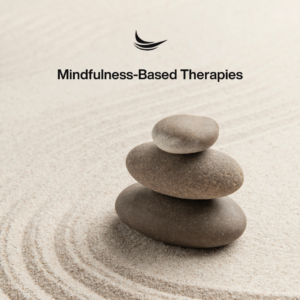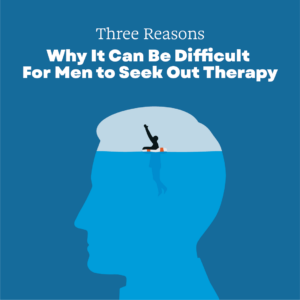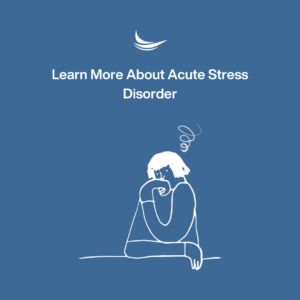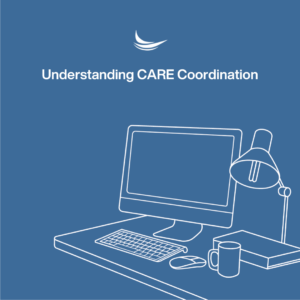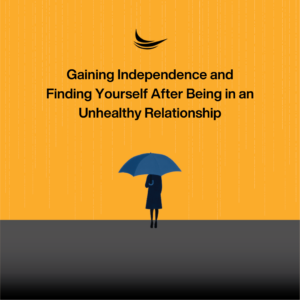Mental Benefits of Regular Exercise
 We often hear about the physical advantages of regular exercise, such as improved fitness, weight management, and enhanced cardiovascular health. However, the positive impact of exercise extends well beyond the body—it also greatly benefits the mind.
We often hear about the physical advantages of regular exercise, such as improved fitness, weight management, and enhanced cardiovascular health. However, the positive impact of exercise extends well beyond the body—it also greatly benefits the mind.
Exercise and Brain Health
Regular exercise has a profound impact on brain health, affecting various aspects of cognitive function and mental well-being. Here’s how physical activity benefits the brain:
- Enhanced Cognitive Function
Exercise stimulates the release of chemicals like dopamine and norepinephrine, which improve cognitive function. It enhances memory, attention, and problem-solving skills, making it easier to stay mentally sharp.
- Mood Regulation
Exercise triggers the release of endorphins, often referred to as “feel-good” hormones. These chemicals reduce stress, alleviate anxiety and depression symptoms, and enhance overall mood.
- Stress Reduction
Physical activity is a natural stress reliever. It reduces the production of stress hormones like cortisol while promoting relaxation and a sense of calm.
- Increased Neuroplasticity
Exercise supports the growth and connection of brain cells, a process known as neuroplasticity. This enhances learning, adaptability, and the brain’s ability to reorganize itself.
- Better Sleep Quality
Regular exercise promotes better sleep patterns, leading to improved cognitive function, emotional stability, and overall mental well-being.
- Decreased Risk of Cognitive Decline
Engaging in physical activity throughout life can reduce the risk of age-related cognitive decline and neurodegenerative diseases such as Alzheimer’s and dementia.
Mental Health Benefits of Exercise
Physical activity has a profound impact on mental health, offering a range of benefits for individuals struggling with various emotional and psychological challenges:
- Reduces Symptoms of Depression and Anxiety
Exercise is a powerful tool for alleviating symptoms of depression and anxiety. It increases the production of neurotransmitters like serotonin, which help regulate mood and reduce feelings of sadness and anxiety.
- Boosts Self-Esteem and Confidence
Regular exercise can boost self-esteem and confidence by improving body image, increasing feelings of competence, and providing a sense of accomplishment through physical achievements.
- Enhances Stress Coping Mechanisms
Physical activity enhances your ability to cope with stress by promoting relaxation, reducing tension, and providing a healthy outlet for emotional turmoil.
- Promotes Social Interaction
Engaging in group exercises or team sports can provide social interaction, helping combat loneliness and feelings of isolation, which are detrimental to mental health.
- Creates a Sense of Routine and Structure
Exercise adds structure and routine to your day, which can be particularly beneficial for individuals struggling with conditions like ADHD or bipolar disorder.
- Reduces Symptoms of PTSD
Regular exercise can help reduce the severity of post-traumatic stress disorder (PTSD) symptoms by promoting relaxation and improving sleep quality.
- Alleviates Symptoms of ADHD
Physical activity has been shown to reduce symptoms of attention-deficit/hyperactivity disorder (ADHD) by increasing focus, attention span, and impulse control.
Practical Tips for Incorporating Exercise into Your Routine
If you’re looking to harness the mental benefits of regular exercise, here are some practical tips to help you get started:
- Find an Activity You Enjoy: Choose an exercise that you genuinely enjoy, whether it’s swimming, hiking, dancing, or playing a sport. This will make it easier to stick with it.
- Set Realistic Goals: Start with achievable fitness goals, and gradually increase the intensity and duration of your workouts.
- Create a Routine: Establish a regular exercise routine that fits your schedule and commitments.
- Combine Aerobic and Strength Training: Both aerobic exercises (e.g., running, cycling) and strength training (e.g., weightlifting, yoga) offer mental benefits, so consider incorporating both into your routine.
- Prioritize Consistency Over Intensity: Consistency is key. Even short, frequent workouts can have a significant impact on your mental well-being.
- Seek Support: Consider exercising with a friend or joining a fitness class or group to stay motivated and accountable.
By incorporating physical activity into your daily routine, you can enhance cognitive function, regulate mood, reduce stress, and improve overall mental well-being. Whether you’re dealing with symptoms of depression, anxiety, or simply seeking to boost your cognitive abilities, exercise offers a natural and effective solution. So, lace up those sneakers, hit the gym, or enjoy a brisk walk-in nature—your mind will thank you for it.





